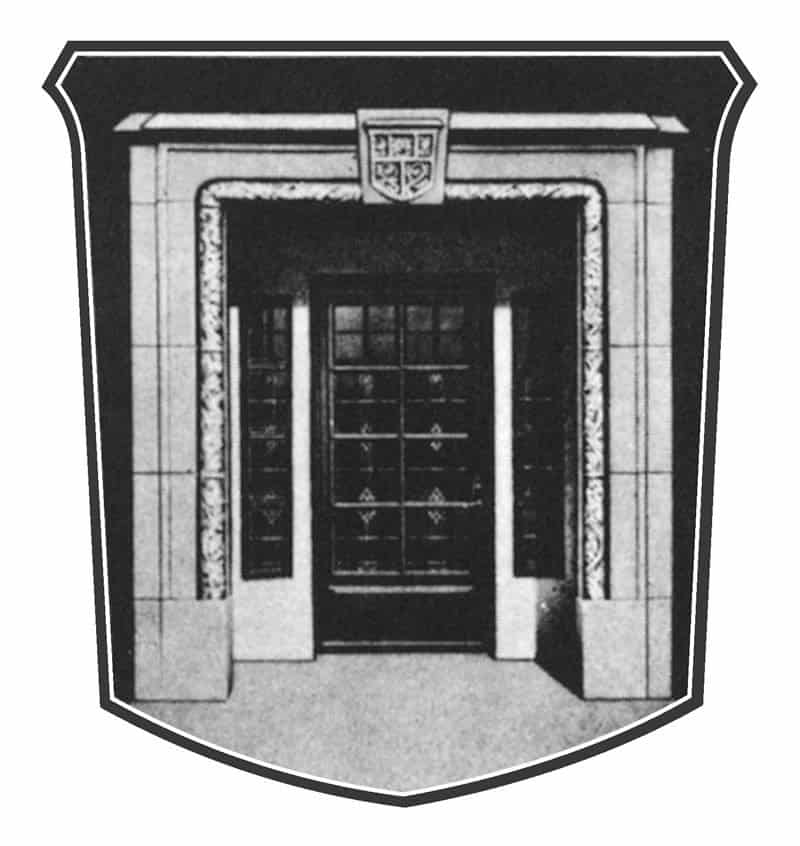By Sir Albert Howard
 Summary: In this 1945 article from Organic Gardening magazine, Sir Albert Howard, father of the British organic farming movement, writes about the inherent inferiority of artificial soil fertilizers, specifically synthetic nitrates. He quotes the magazine New English Weekly: “It is always good to see the difference between natural and laboratory products emphasized, in recognition of the imponderable elements with which Nature endows substances, which can by no scientific skill be added to the synthetic product.” He also cites a study from an American university showing that “natural nitrates have something that the artificial lacks, and there is no completely adequate substitute for it in the field of [artificial] agricultural fertilizers.” Substituting crude imitations for Nature’s complex, synergistic compounds is a great way to destroy the health of soil and crops, he adds. Howard, the author of the classic book on organic farming An Agricultural Testament, was also the mentor of J.I. Rodale, the founder of Prevention magazine. From Organic Gardening, 1945. Lee Foundation for Nutritional Research reprint 13.
Summary: In this 1945 article from Organic Gardening magazine, Sir Albert Howard, father of the British organic farming movement, writes about the inherent inferiority of artificial soil fertilizers, specifically synthetic nitrates. He quotes the magazine New English Weekly: “It is always good to see the difference between natural and laboratory products emphasized, in recognition of the imponderable elements with which Nature endows substances, which can by no scientific skill be added to the synthetic product.” He also cites a study from an American university showing that “natural nitrates have something that the artificial lacks, and there is no completely adequate substitute for it in the field of [artificial] agricultural fertilizers.” Substituting crude imitations for Nature’s complex, synergistic compounds is a great way to destroy the health of soil and crops, he adds. Howard, the author of the classic book on organic farming An Agricultural Testament, was also the mentor of J.I. Rodale, the founder of Prevention magazine. From Organic Gardening, 1945. Lee Foundation for Nutritional Research reprint 13.
Natural Versus Artificial Nitrates[spacer height=”20px”]
It has often been claimed by the manufacturers of artificial fertilizers that their factory made products are in every respect equal to the mineral elements that are found in natural manures and in the soil itself. That they should believe in their own products is to be expected. If this were not so, then they could only be regarded as profit grabbing hypocrites carrying on criminal activities. And yet is it not reasonable to suppose that man, by his very nature, is incapable of producing with exactitude the natural elements of the earth? If he could in this true sense of the word “create,” then he would cease to be man and be on an equality with the Creator of the universe.
Modern science has progressed so far in determining the composition of material things that man has almost imperceptibly drifted into the belief that he has only to combine certain chemicals in certain ways to reproduce exactly the natural materials needed in daily life. But, on the other hand, does not the man in the street instinctively distrust the concoctions of science? It is doubtful whether the average man will ever believe that synthetic rubber, for instance, can be in every respect as good as real rubber from the forest. Such skepticism is inherent, and it is well that it should put us on our guard against the too easy acceptance of the results achieved by scientific skill.
The New English Weekly of March 29, 1945, supports this view, quoting the case of natural as compared with artificial nitrates:
“It is always good to see the difference between natural and laboratory products emphasized, in recognition of the imponderable elements with which Nature endows substances, which can by no scientific skill be added to the synthetic product. The case in point is that of nitrates, and the report emanates from one of the USA universities. It states: ‘Natural nitrates have something that the artificial lacks, and there is no completely adequate substitute for it in the field of agricultural fertilizers. Chilean nitrate contains small amounts of vital ‘impurities’ such as magnesium, iodine, boron, calcium, potassium, lithium, and strontium, which are to plants what the vitamins in fresh foods are to human beings. It has been found that natural nitrate does something that makes apples stay on trees; that it does something to corn that results in better livestock fattened on it; that chickens raised on nitrated feed lay better eggs of greater fertility. It is just as impossible to make artificial nitrates that duplicate natural nitrates as it is to make synthetic seawater that contains all the elements of natural sea water.’”
It is just here that the danger of scientific research lies. No scientist has ever produced or is ever likely to produce life, and the natural universe holds mysteries that will never be reduced to a formula or manufactured in the laboratory. The crucial test of real scientific achievement is whether it recognizes and respects the supremacy of Mother Earth or ignorantly attempts to substitute the false for the true.
By Sir Albert Howard, CIE, MA. Reprinted from Organic Gardening, August 1945, by the Lee Foundation for Nutritional Research.
Reprint No. 13
Reprinted by Lee Foundation for Nutritional Research
Milwaukee, Wisconsin 53201
Printed in U.S.A.
Note: Lee Foundation for Nutritional Research is a nonprofit, public-service institution, chartered to investigate and disseminate nutritional information. The attached publication is not literature or labeling for any product, nor shall it be employed as such by anyone. In accordance with the right of freedom of the press guaranteed to the Foundation by the First Amendment of the U.S. Constitution, the attached publication is issued and distributed for informational purposes.

